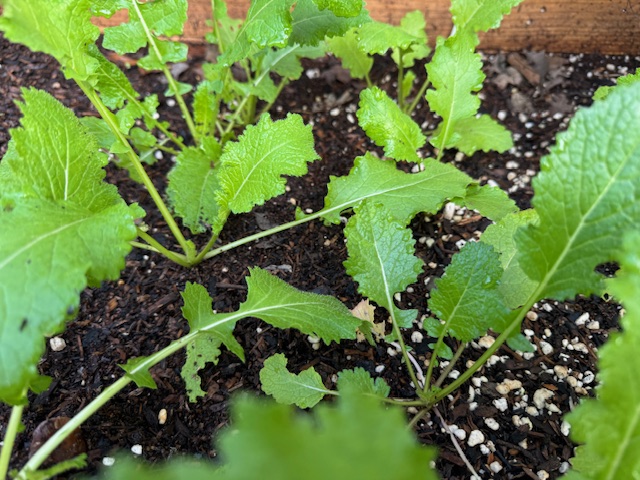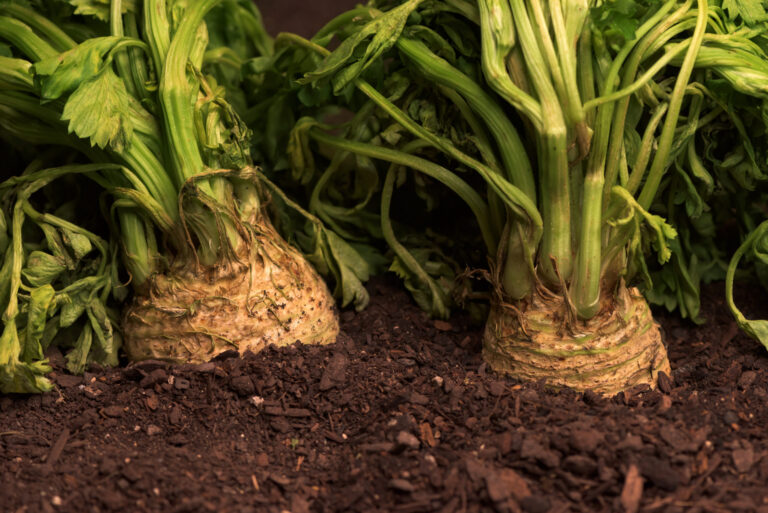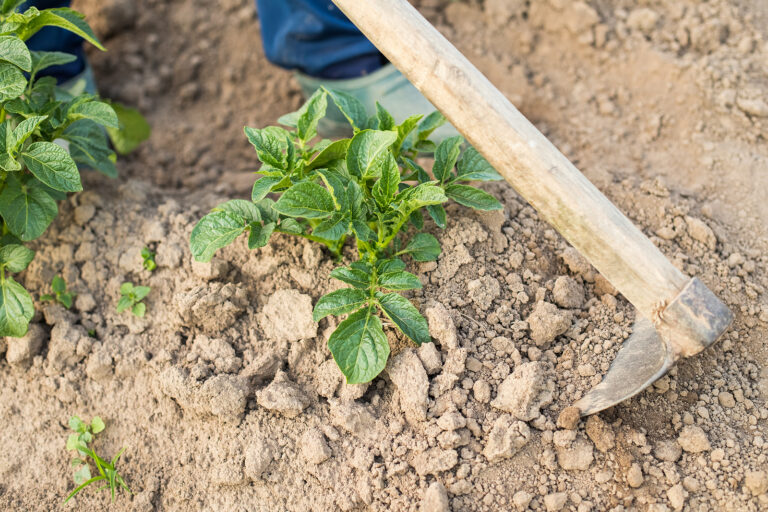How to Fertilize Turnips for Tender Roots and Tasty Greens
Proper fertilization is key to growing healthy turnips with tender roots and flavorful greens. Balanced nutrients support vigorous growth and maximize yield.

Understanding Turnip Nutrient Needs
Turnips require nitrogen (N) for leafy growth, phosphorus (P) for root development, and potassium (K) for overall plant health and disease resistance.
Pre-Plant Soil Preparation
- Test soil pH and nutrient levels. Ideal pH: 6.0–7.0.
- Incorporate well-rotted compost or balanced organic fertilizer (e.g., 10-10-10) into soil before planting.
Fertilizing During Growth
- Apply a nitrogen-rich fertilizer when plants are about 3–4 inches tall to promote leafy greens.
- Avoid excessive nitrogen late in growth to prevent lush tops at the expense of root size.
- Use side-dressing with compost or organic fertilizer 3–4 weeks after planting.
Organic Fertilizer Options
- Compost tea, fish emulsion, or seaweed extracts provide gentle nutrient boosts.
- Avoid synthetic fertilizers that can cause salt buildup in soil.
My Experience
Years of growing turnips have taught me that steady, balanced feeding—especially early on—produces the sweetest roots and most tender greens.
Turnip Fertilizer Application Schedule
| Growth Stage | Fertilizer Type | Timing | Notes |
|---|---|---|---|
| Pre-Planting | Balanced organic fertilizer (e.g., 10-10-10) or compost | Incorporate into soil before planting | Adjust pH to 6.0–7.0; improves soil fertility |
| 3–4 Inches Tall | Nitrogen-rich fertilizer (e.g., fish emulsion, blood meal) | Apply as side dressing 3–4 weeks after planting | Supports leafy green growth |
| Mid-Growth | Light organic feeding (compost tea, seaweed extract) | Optional, every 3 weeks as needed | Avoid excess nitrogen late in growth |
Tips for Best Results:
- Always water before and after fertilizing to prevent root burn.
- Use organic options to build long-term soil health.
- Avoid over-fertilizing, which can reduce root quality and flavor.
- Conduct a soil test annually to adjust fertilizer needs accurately.
Turnip Growing Hub
🥗 Start here: The Ultimate Turnip Growing Guide: From Seed to Harvest
🌱 Planting & Timing
- When to Plant Turnips for Spring, Fall, and Winter Harvests
– Answers “when do I plant turnips?” with zone-based timing. - Turnip Seed Starting Tips
- Succession Planting Turnips for a Continuous Harvest
– Explains timing and spacing strategies to keep the harvest going. - How to Grow Turnips in Containers and Raised Beds
– Great for small-space and urban gardeners. Include container size and spacing details. - How to Space and Thin Turnips for Full Roots
– Many gardeners fail to thin properly. This solves a common issue.
🌿 Care & Maintenance
- How Much Water Do Turnips Need? A Watering Guide
– Helps answer “why are my turnips woody or bitter?” - How to Fertilize Turnips for Tender Roots and Tasty Greens
– A common struggle: too much leaf growth, small roots. - Best Companion Plants for Turnips (And What to Avoid)
– Evergreen content with strong search and Pinterest appeal. - How to Grow Turnips in Hot Weather or Warm Climates
– Address bolting, bitterness, and timing challenges in Zones 8–10.
🐛 Pests, Diseases & Troubleshooting
–Flea beetles, aphids, damping off, white rust Includes IPM methods
- Why Are My Turnips All Tops and No Roots? What Went Wrong
– Diagnostic article that answers a frequently asked gardener problem. - How to Prevent Woody Turnips and Improve Texture and Flavor
– Addresses late harvest, heat, and drought issues.
🧺 Harvest, Storage & Kitchen Use
- How and When to Harvest Turnips for Best Texture
– Cover baby turnips, mature roots, and leafy greens. - How to Harvest and Store Turnips
– Answers “how long do turnips last?” and “can you store turnips in sand?” - Freezing and Preserving Turnips: A Beginner’s Guide
– Popular in late fall/early winter, great for preserving guides. - Eight Ways to Cook and Serve Turnips: Roots, Greens, and Recipe Ideas
– Kitchen-friendly post that links to growing and harvesting. - How to Use Turnip Greens in the Kitchen
– Zero-waste kitchen content that connects gardeners and cooks.
🌾 Varieties & Seed Saving
- Best Turnip Varieties for Flavor, Size, and Growing Time
– Compare fast-maturing, heirloom, and dual-purpose types. - Turnip Varieties for Mild Climates and Short Seasons
– Useful for Zones 8–10 and gardeners with short falls.





